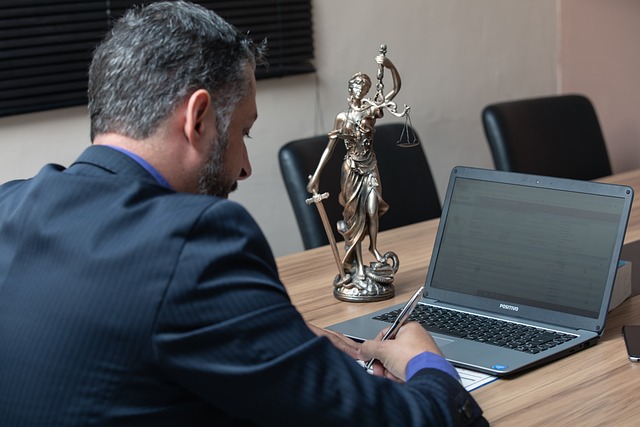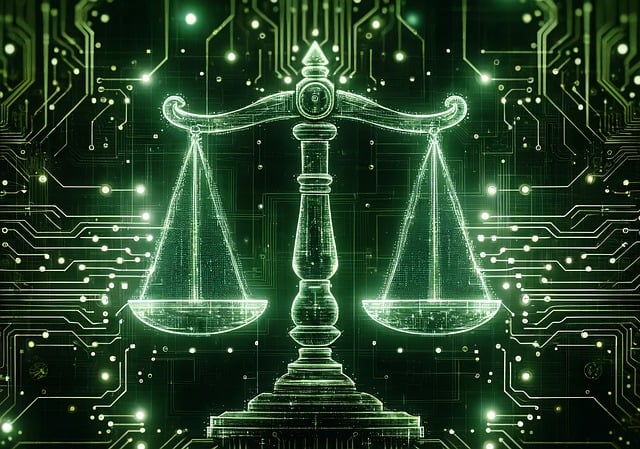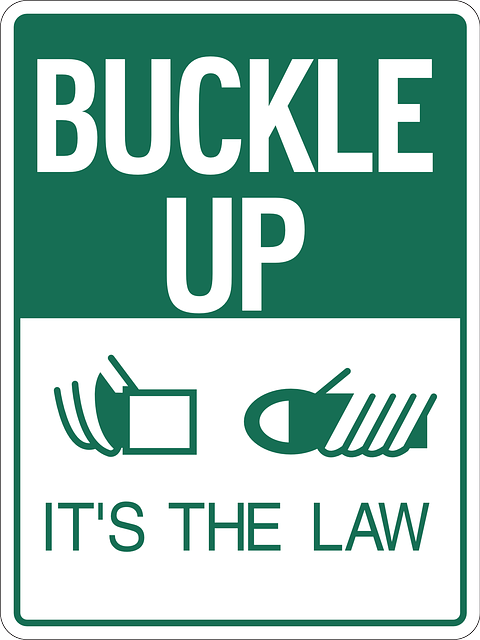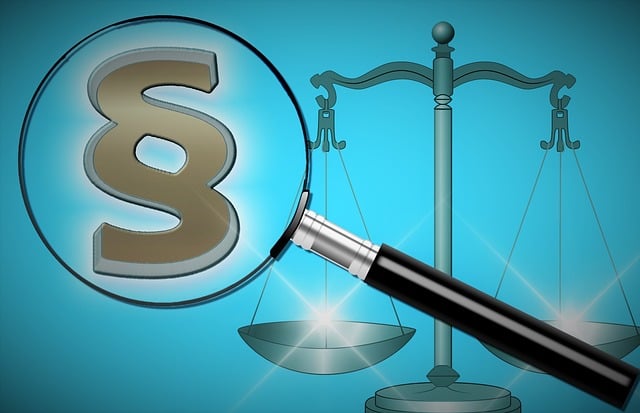Environmental Crime Trials pose significant legal hurdles, particularly in Litigation Challenges in Financial Regulatory Compliance. These trials require a blend of scientific and legal expertise as prosecutors navigate complex evidence, expert opinions, and regulatory networks to prove environmental offenses. Defense attorneys counter with strategic challenges, demanding robust legal representation. The intricate nature of financial regulations, intertwined with global business expansion, necessitates proactive compliance strategies to avoid severe penalties. Prosecutors must overcome difficulties in proving intent and causation, especially in cases involving white-collar and economic crimes, through multidisciplinary approaches, expert witnesses, and thorough pre-trial investigations. Key strategies include leveraging documentary evidence, staying updated on case law, and utilizing plea agreements for stronger cases against offenders.
“Environmental Crime Trials: Unraveling Legal Complexities and Driving Change
This comprehensive article delves into the realm of environmental justice through a legal lens, focusing on trials as powerful tools for accountability. We explore ‘Understanding Environmental Crime Trials’ from a legal perspective, highlighting their significance in combating financial regulatory non-compliance. Despite progress, ‘Litigation Challenges in Financial Regulatory Compliance’ persist, hindering prosecution success.
Through analysis, we unveil strategies to fortify litigation efforts, aiming to enhance justice and deter future environmental crimes.”
- Understanding Environmental Crime Trials: A Legal Perspective
- Financial Regulatory Compliance: The Current Landscape
- Challenges in Prosecuting Environmental Crimes
- Strategies for Enhancing Litigation Success in Financial Environmental Cases
Understanding Environmental Crime Trials: A Legal Perspective
Environmental Crime Trials present unique challenges within the legal system, especially when examining financial regulatory compliance. These cases often involve complex issues related to environmental protection laws and their enforcement, requiring meticulous attention to detail and a deep understanding of both scientific and legal domains. The prosecution must navigate through voluminous evidence, expert testimony, and intricate regulatory frameworks to establish liability for crimes like pollution, habitat destruction, or illegal waste disposal.
Litigation challenges in financial regulatory compliance take center stage in these trials. Defense attorneys leverage various strategies to contest allegations, including challenging the admissibility of evidence, questioning expert opinions, and raising jurisdictional issues. Winning challenging defense verdicts has become a testament to the adeptness of lawyers in navigating these complex scenarios. Across the country, an unprecedented track record of successful defenses underscores the importance of robust legal representation in environmental crime trials.
Financial Regulatory Compliance: The Current Landscape
The current landscape of financial regulatory compliance is fraught with complex regulations designed to prevent fraud and protect investors. As environmental crime trials gain prominence, these laws extend to cover violations related to ecological preservation and sustainability. The onus falls not only on large corporations but also on individual stakeholders, including executives and board members, who must navigate a labyrinthine web of rules and standards. This presents significant litigation challenges, as even minor deviations can lead to severe penalties and damage to reputations.
The dynamic nature of financial markets and the increasing global reach of businesses further complicate matters. Achieving extraordinary results in general criminal defense often hinges on proactive compliance strategies that anticipate potential violations. Firms specializing in both corporate and individual clients are emerging as vital navigators, helping entities steer clear of regulatory pitfalls and ensuring they remain compliant with evolving ecological and financial standards.
Challenges in Prosecuting Environmental Crimes
Prosecuting environmental crimes presents a unique set of challenges that often prove complex and intricate. Unlike traditional criminal cases, these trials involve navigating vast amounts of scientific data, technical expertise, and regulatory frameworks. The complexity intensifies when dealing with white-collar and economic crimes, where perpetrators may employ sophisticated strategies to evade detection and responsibility. For his clients, the journey through all stages of the investigative and enforcement process demands meticulous attention to detail and a deep understanding of environmental laws.
Litigation challenges in environmental cases further complic matters. The dynamic nature of environmental regulations and the continuous evolution of scientific knowledge require prosecutors to stay abreast of the latest developments. Moreover, proving intent and causation can be difficult, especially in cases where the impact of criminal activities may not be immediately apparent or easily quantifiable. These complexities necessitate a multidisciplinary approach, leveraging experts from diverse fields to build robust cases that hold offenders accountable for their actions.
Strategies for Enhancing Litigation Success in Financial Environmental Cases
In environmental crime trials, particularly financial cases, navigating complex regulatory landscapes presents significant litigation challenges. Success in these high-stakes prosecutions hinges on meticulous preparation and innovative strategies to overcome barriers like statute of limitations, jurisdictional issues, and the technical nature of environmental regulations. Prosecutors must engage expert witnesses who can demystify scientific data for juries, ensuring a clear understanding of the environmental impact. Additionally, leveraging documentary evidence, such as financial records and environmental assessments, is crucial for establishing a compelling narrative that links corporate entities to non-compliance.
Adopting a multi-pronged approach, including thorough pre-trial investigations and strategic discovery processes, can enhance litigation success. Prosecutors should also consider using plea agreements as a tool to gather evidence from cooperating witnesses, providing valuable insights into the inner workings of companies involved in financial environmental crimes. Furthermore, staying abreast of relevant case law and regulatory updates across the country is essential for tailoring arguments and strategies that align with evolving legal landscapes, thereby strengthening the case against white-collar and economic crimes.
Environmental crime trials pose unique challenges, particularly in financial regulatory compliance. As these cases navigate complex legal landscapes and address profound environmental impacts, understanding the intricacies of prosecution and defense strategies is crucial. Overcoming current litigation challenges involves a multifaceted approach, including enhanced cooperation between legal professionals, regulatory bodies, and conservation experts. By adopting innovative strategies that streamline evidence gathering and improve case presentation, the success rate in financial environmental cases can be significantly enhanced, ultimately fostering greater accountability and protection for our planet.






